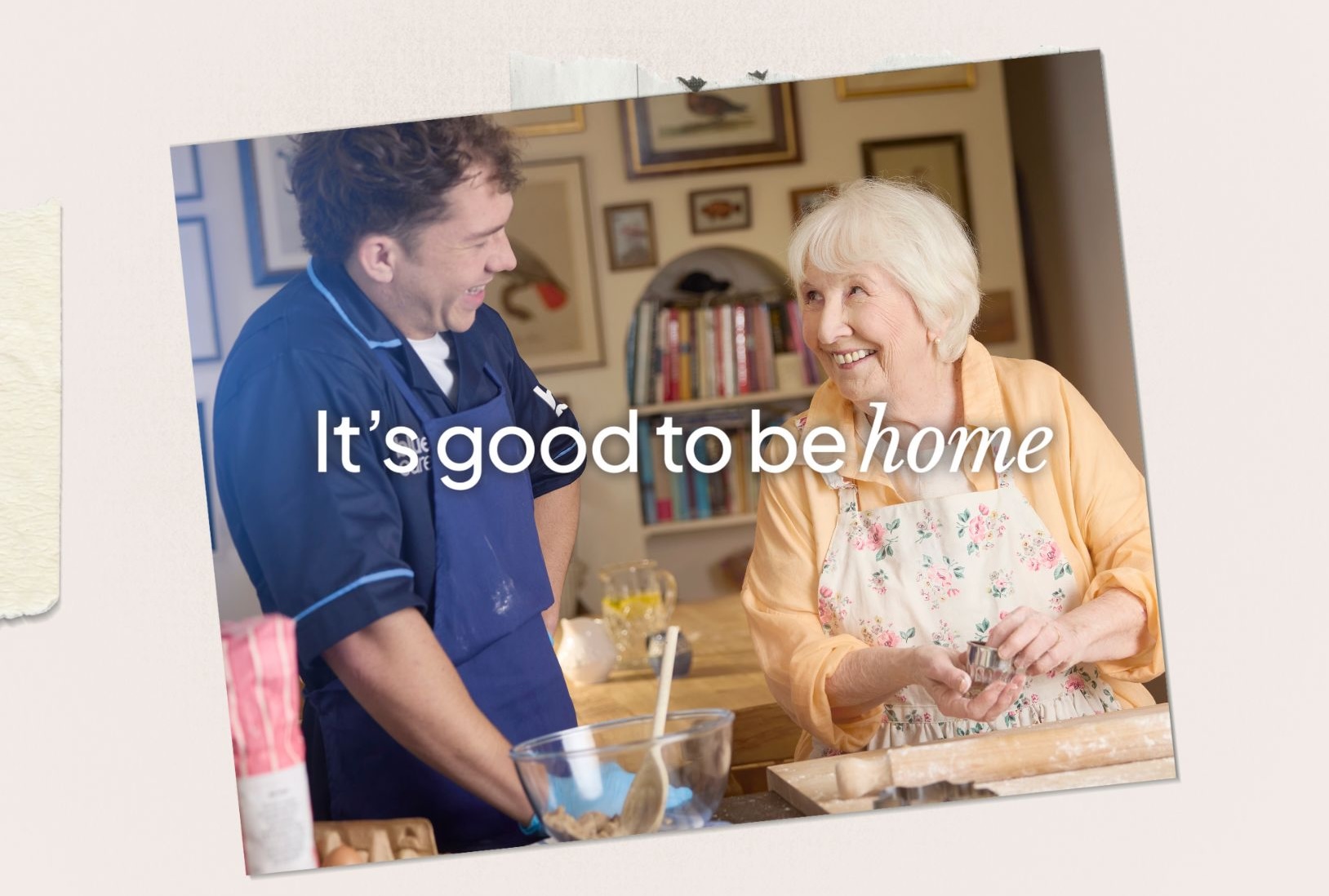The Importance of Companionship at Home: Combating Loneliness and Supporting Wellbeing
When we think about care at home, we often focus on practical tasks — medication, meals, mobility. But sometimes, the most powerful part of care is simply being there.
At Bluebird Care Dunbartonshire, we understand that companionship is not just a ‘nice to have’ — it’s essential to wellbeing. Especially for older people living alone, meaningful social contact plays a key role in maintaining mental, emotional, and even physical health.
This October, as the evenings grow darker and the days quieter, we’re shining a light on the importance of connection.
Loneliness Is More Common Than You Think
It’s estimated that more than 1.4 million older people in the UK are often lonely. For those who have lost a partner, live far from family, or experience reduced mobility, the risk of isolation increases dramatically — especially during autumn and winter, when getting out becomes more difficult.
But loneliness isn’t just an emotional feeling. It can have serious impacts on:
Physical health (weakened immunity, high blood pressure)
Mental wellbeing (low mood, depression, anxiety)
Daily function (loss of confidence, reduced appetite, poor sleep)
Why Companionship Matters in Home Care
While traditional care may focus on tasks, we believe the best care sees the person behind the plan.
Our companionship care is built around real connection — creating moments of joy, comfort and conversation. Whether it’s a cup of tea and a chat, doing the crossword together, or helping someone get out to the shops or garden, companionship care is about more than presence. It’s about presence with purpose.
Mum always lights up when her carer visits. It’s not just the help — it’s the company. Someone who listens, laughs with her, and makes her feel seen.
Signs Your Loved One May Need More Social Contact
As a family member, it can be hard to know when loneliness is becoming a concern. Look out for:
A drop in mood or withdrawal from conversation
Increased forgetfulness or disinterest in routine
Reduced appetite or disrupted sleep
A lack of interest in activities they once enjoyed
Companionship care can gently reintroduce routine, build confidence, and provide the friendly support many people need to feel like themselves again.
How We Provide Companionship at Home
At Bluebird Care Dunbartonshire, our approach is always personal. Here’s how we offer social support:
Consistent carers — familiar faces create real trust and deeper relationships
Tailored visits — from a few hours a week to daily support, we fit around your life
Meaningful moments — playing music, cooking together, chatting about the past or helping stay connected with friends
Confidence-building — accompanying your loved one on walks, appointments, or community events
Emotional support — we’re trained to listen, notice signs of distress, and respond with care
Our carers bring conversation, humour and genuine empathy into every visit. It’s care that feels like friendship — and friendship that enhances care.
Supporting Families Too
We know how reassuring it is to hear your loved one say, “I had such a lovely visit today.” For families who live far away or juggle busy schedules, knowing that someone trusted is spending quality time with Mum, Dad, or a grandparent brings peace of mind that’s hard to put a price on.
Let’s Create a Care Plan That Includes Companionship
If you’ve noticed a loved one becoming quieter or less confident — or you just want to brighten their days — we’d love to talk to you.
We’ll take the time to get to know what they enjoy, what matters to them, and how we can help. Whether it’s companionship on its own or as part of a wider care plan, we’re here to support life at home, in all its richness.
Contact us today on 0141 942 1530
Or visit www.bluebirdcare.co.uk/dunbartonshire to find out how we can support your loved one.






